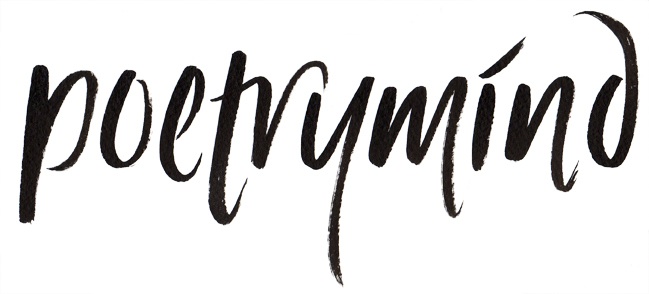Meanwhile, today's NY Times in a lengthy article cited "proof" that the PRC had learned after interrogation of an unknown monk, that the Dalai Lama was behind the violent riots in Lhasa. No name, provenience or other details were given in the article regarding the monk's "confession." Frankly, I'm surprised that the NY Times published the article while neglecting to present a more balanced view of the increasing blog chatter about British spy evidence who have surveillance footage of Lhasa prior to the March 14 riot which indicates that Chinese police were distributing monks robes outside the Barkor.
The NT Times article stated:
Xinhua, the state-run news agency, said the Chinese police had a confession written by an unidentified monk who they said received orders from supporters of the Dalai Lama, the Tibetan spiritual leader and Nobel Peace Prize winner.
In what an article described as the confession, the monk said: “For the sake of protecting myself, (the Dalai Lama clique) asked me not to participate in the demonstrations in person, just in charge of stirring people up.”
The Chinese government has not held a news conference to identify the monk or explain the circumstances of the confession, so it was not possible to verify either the existence of the monk or of such a statement.
For weeks, China has said it has strong evidence that the riots and protests in Tibet and neighboring regions were orchestrated by the “Dalai clique.
Years ago in the late 1980's I was eating dinner in a Tibetan restaurant in NYC with a Tibetan friend. It was early so there weren't too many people in the restaurant. Two young Chinese men dressed in black suits came into the restaurant. Without sitting down, in English they began harassing the owner of the restaurant, an elderly gentleman, insulting him and behaving in a provocative manner while the man tried to keep his manners. Eventually, the Tibetan became so upset that his wife had to encourage him to go back into the kitchen to avoid any further confrontation. Had I not seen it with my own eyes, I wouldn't have believed the level of malevolence and hatred targeting the Tibetan man. Furthermore, there was a kind of arrogance of entitlement to harass him that I found shocking at the time.





